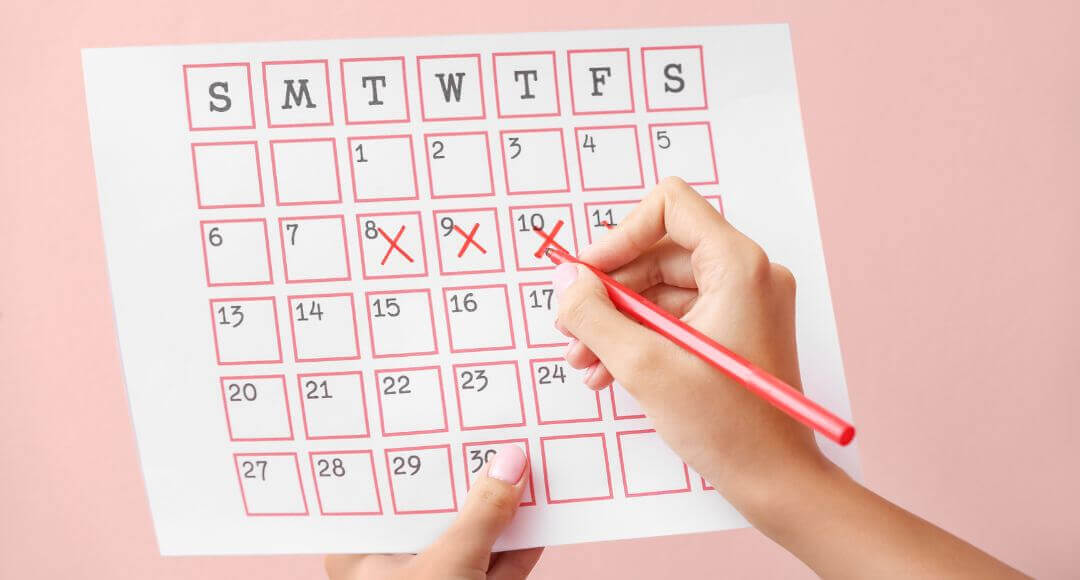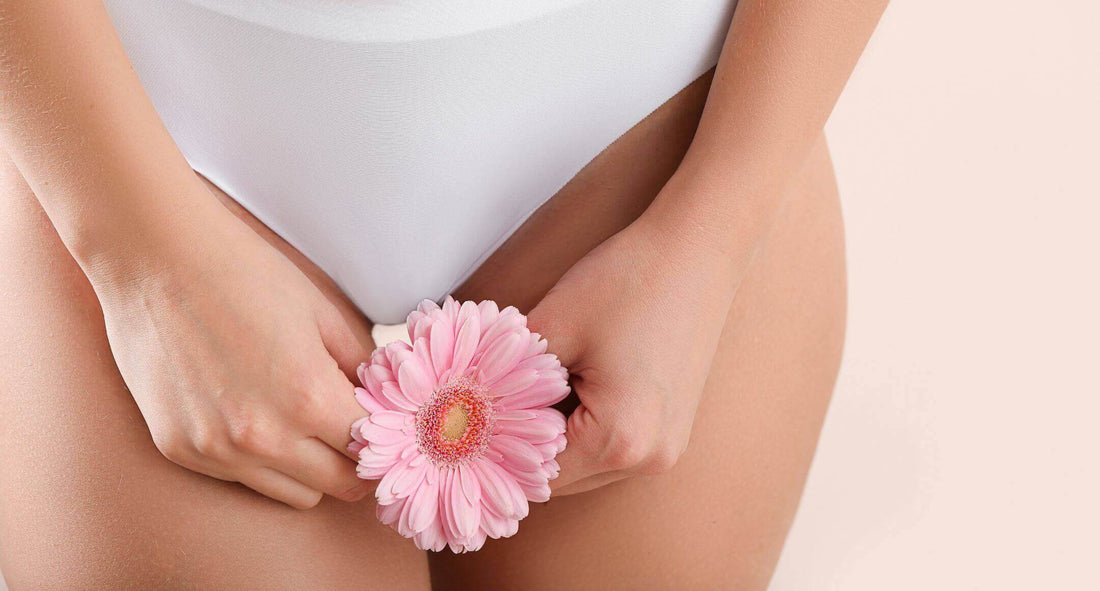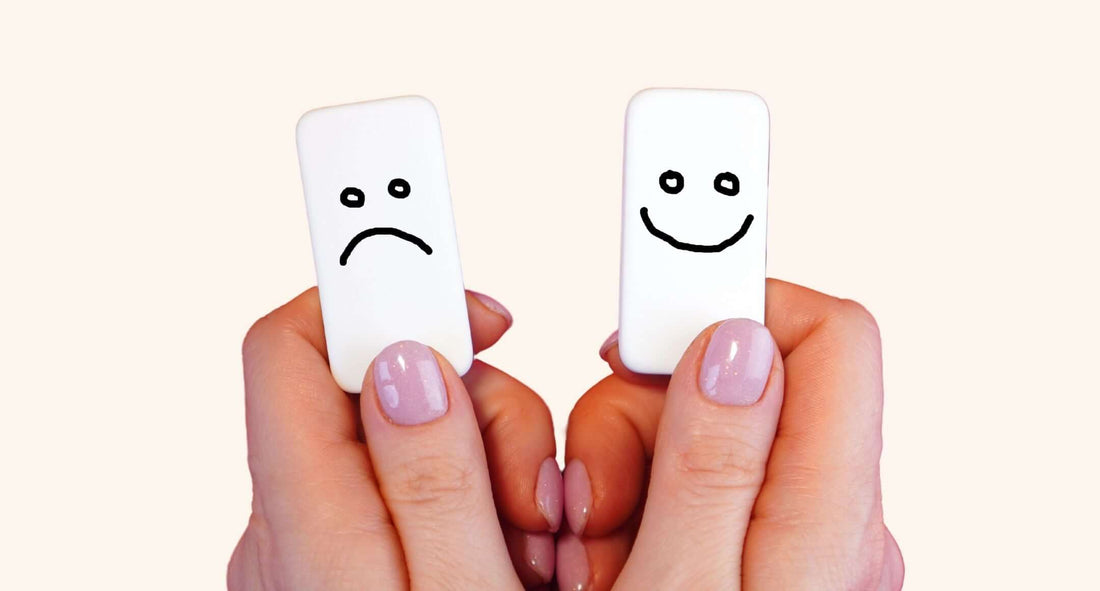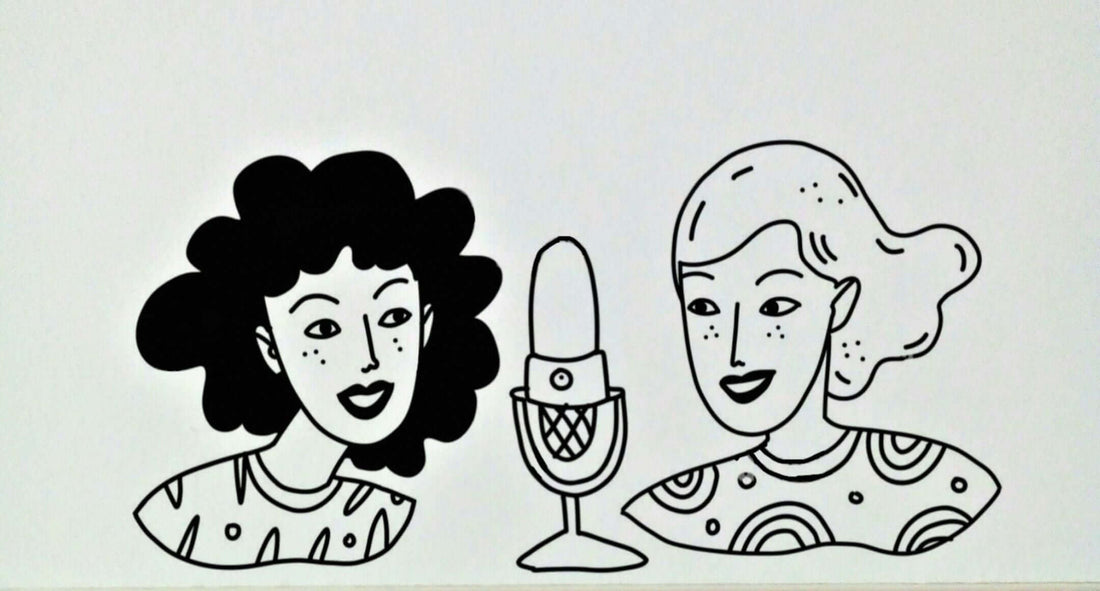We regularly receive messages from concerned parents of teenage daughters struggling with heavy periods and the accompanying symptoms. It's heartbreaking to see that these girls sometimes have periods so heavy that normal functioning, such as sports and school, becomes virtually impossible. Besides excessive blood loss, they often also experience severe menstrual cramps, oily skin, pimples, and a lack of energy due to anemia and iron deficiency. This pattern repeats monthly, making fatigue a standard part of life.
Symptoms of heavy periods
If your teenage daughter regularly experiences short cycles (around 21 days), prolonged periods (7 days or more), excessive bleeding (resulting in frequent changes within four hours and the need to use different menstrual products), passing clots, experiencing abdominal and back cramps, and fatigue due to iron deficiency and anemia, she may be experiencing heavy menstrual bleeding. It's crucial to take these symptoms seriously.
Causes and when to see a doctor
About 25% of girls experience heavy menstrual bleeding in the first one to two years after the start of their menstrual cycle. This is often caused by hormonal imbalances. It's a vicious cycle in which ovulation doesn't occur, resulting in a lack of progesterone production. This results in the continuous growth of the uterine lining and leads to excessive bleeding. Although this usually stops on its own after one to two years, it's important not to ignore it, as heavy periods can also indicate a bleeding disorder.
It's important that girls experiencing heavy menstrual bleeding consult a doctor. Sometimes general practitioners aren't fully aware of these problems. They can't always help immediately, but it's helpful to have a specialist aware of them who can monitor them. Be prepared and keep a menstrual calendar for two cycles. This will provide sufficient information for a referral to a gynecologist.
How can I track my period?
There are several ways to track your period. People who work with their calendars often like to keep track by ticking a box when they have their period. Others use a menstrual calendar, as mentioned above. However, menstrual apps are often used. These allow you to track when your period begins and ends. You can also record the symptoms you experience, giving you valuable insight into your cycle. Is it regular, is it heavy, or do I have many symptoms? You can discuss this with a parent/child/doctor and monitor whether everything is according to normal.
Treatment options
Various treatments are available, including contraceptives such as the pill and tranexamic acid (a medication that reduces/stops bleeding). This choice is determined jointly by a gynecologist or hematologist.

Practical tips for relieving severe menstrual complaints
- A hot water bottle on the stomach can provide relief during menstruation.
- Sometimes a day off is necessary; take menstrual symptoms seriously and ask your daughter what she needs.
- Exercise, such as walking or yoga, stimulates circulation and reduces menstrual cramps.
- Consult with your doctor about pain relievers specifically for menstrual pain.
- Thick warm socks can help, especially because excessive blood loss can cause colder feet and hands.
- Menstrual underwear with super absorbency offers comfort and security.
- Ensure a diet rich in iron and fiber to compensate for deficiencies.
- Chamomile tea or fennel tea has a calming effect on the stomach and abdomen.
Natural support with raspberry leaf tea for heavy periods
Another natural way to relieve menstrual discomfort is drinking raspberry leaf tea. This tea is known for its beneficial effect on the uterine muscles and has been used for centuries to support the female cycle. Raspberry leaf has a mild astringent effect on the uterine lining, which can help reduce heavy bleeding and cramps. It also contains vitamins and minerals such as iron, which help replenish any deficiencies caused by excessive bleeding. It's a simple, natural supplement that many women find soothing and supportive during their period.
Note: Raspberry leaf tea is not recommended during pregnancy, especially in the first trimester, as it can stimulate the uterus.
By following these tips and seeking medical help promptly, teenage girls can better manage heavy periods. Breaking the stigma surrounding menstruation is essential for a healthy menstrual cycle.




















